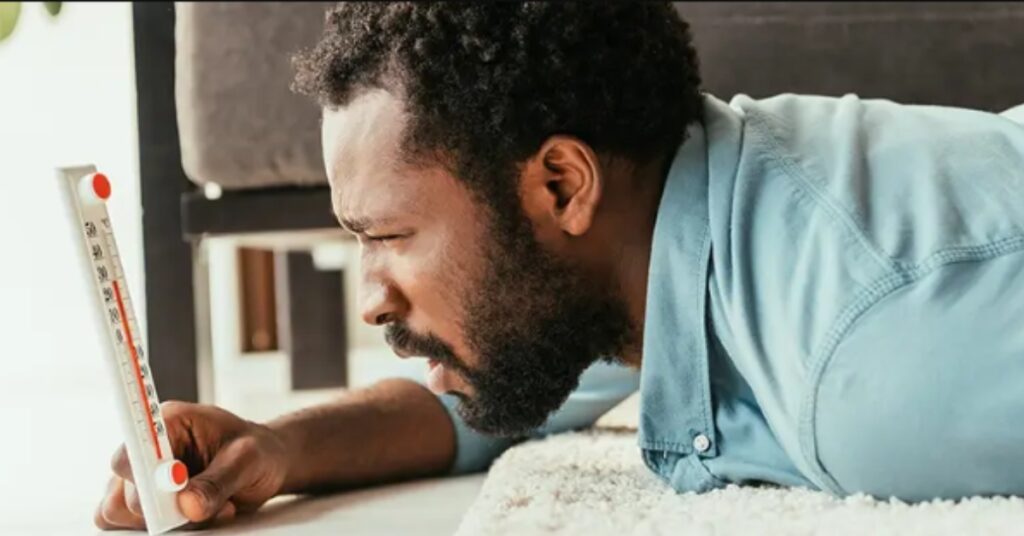Summer heatwaves in the United States are becoming more common, more intense, and last longer. That’s according to a report from the Environmental Protection Agency (EPA) using weather data collected for the last 60 years.
Depending on where in the country you live, your air conditioning system and a potential heat wave are the last things on your mind right now. In northern states, the ice hasn’t even gone out on the lakes yet! But in southern states like Texas and Florida, the AC is already in use. And if recent years are any indication, you can expect at least one heat wave this summer.
Learn how to prepare your HVAC system to optimize your comfort and protect your system.
What is a Heat Wave?
A simple definition of a heat wave is a period of extreme heat that lasts two or more days. Heat wave temperatures are well above the historical averages for a given area. This means what is considered a heat wave in northern Minnesota may be a beautiful summer day in Houston.
What causes heat waves?
In general, a high-pressure weather pattern that traps hot air is what causes a heat wave. Climate change is responsible for the increase in the number of heat waves and their increased intensity.
Take the summer of 2023 as an example. It was the second hottest summer on record in Texas and the hottest full year on record in Texas and the world. You can cope with excessive heat by following safety rules for extreme heat when you’re outdoors and preparing your HVAC system for summer heatwaves to help maintain indoor comfort.
Here are our top HVAC tips for surviving a heatwave.
Tip #1: Check Air Filters
The #1 tip for preparing your HVAC system for a heatwave is also the top thing you can do year-round to keep your system running efficiently. Check and change the air filters (or clean them if applicable) regularly – and more often than recommended if your system is running nonstop.
Clean HVAC air filters are essential for efficient cooling. Dirty filters make your system work harder, which can lead to a breakdown at exactly the wrong time. Cleaning and maintaining your HVAC filter can help your system power through a heatwave. Replace filters based on the type of filter – every 30 days for a standard 1” filter and less often for higher-quality filters.
Tip #2: Maintain the Condenser Unit
Schedule an air conditioner inspection and tune-up in the spring before the brutal heat waves of summer arrive. Professional HVAC maintenance is crucial for keeping your central AC or heat pump cooling efficiently.
At this AC tune-up, the HVAC technician may perform activities such as cleaning the condenser coils and inspecting the fan, capacitor, refrigerant lines, blower, and more. They will check the refrigerant level and recharge the unit as necessary.
In addition to what the professionals do, you should trim back vegetation and remove debris from around the outdoor unit. Better air circulation outside helps the system run more effectively.
Tip #3: Optimize Thermostat Settings
If you’re wondering “What should I set my thermostat to during a heat wave?” you’re not alone. The answer is to set it as high as you can to still maintain a level of comfort. The Department of Energy (DOE) recommends a setting of 78 degrees when you’re home and 80 degrees when you’re away.
When the outside temperature is in the high 90s or more than 100 degrees, your cooling system has to work hard. The closer the indoor temperature is to the outdoor temperature, the more efficiently the unit will work. Avoid turning the thermostat down drastically when you come home. Doing so won’t cool your house any faster and can stress your system.
Use a programmable thermostat to automatically change the thermostat settings based on a schedule you set. Smart thermostats will take things even further, by automatically adjusting the temperature based on outdoor temperatures, occupancy, time of day, and more.
Programmable and smart thermostats can increase your comfort level and save you money at the same time.
Tip #4: Find Other Ways to Help Your AC During an Excessive Heat Warning
Besides maintaining the unit and optimizing thermostat settings, there are other ways to take some stress off your air conditioner in a heat wave. If you have ceiling fans, use them to help make you feel cooler, especially at night. While ceiling fans and stand fans don’t actually cool a room, they have what is known as a wind chill effect, making you feel up to 4 degrees cooler than the real temperature.
In addition, try these tips for better home comfort:
- Close curtains, shades, and miniblinds during the day to keep the sun out.
- Seal any leaks and cracks around windows and doors to keep cool air in and hot air out.
- Use heat-generating appliances like your dryer and stove after 8 pm to avoid heating the house even more.
To fall asleep more easily in a warm house, take a cool shower or bath before bedtime and know that cooler temperatures will return.
Article by TRANE

